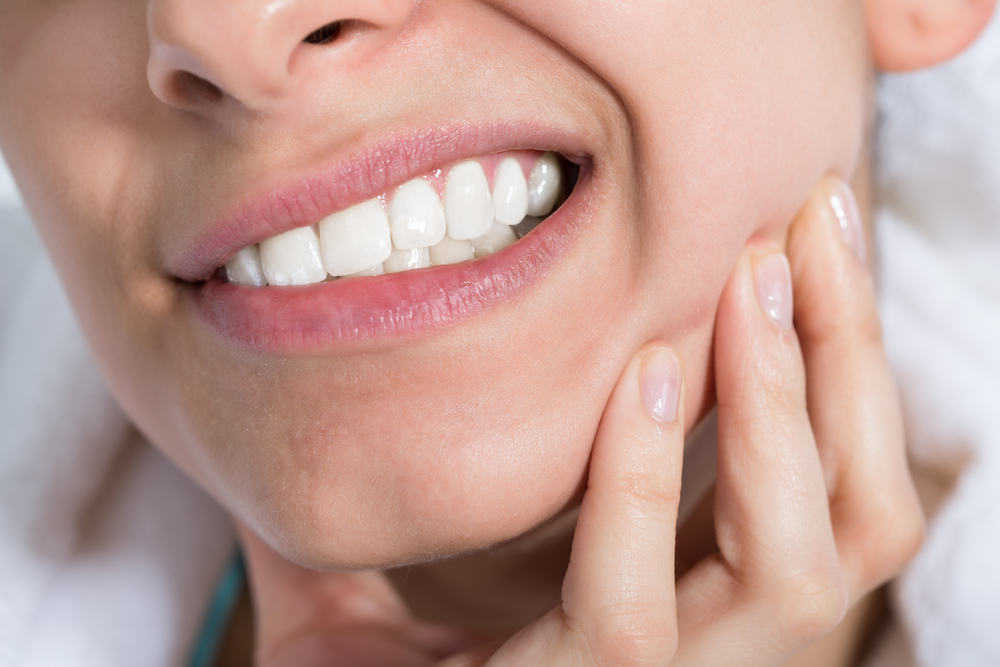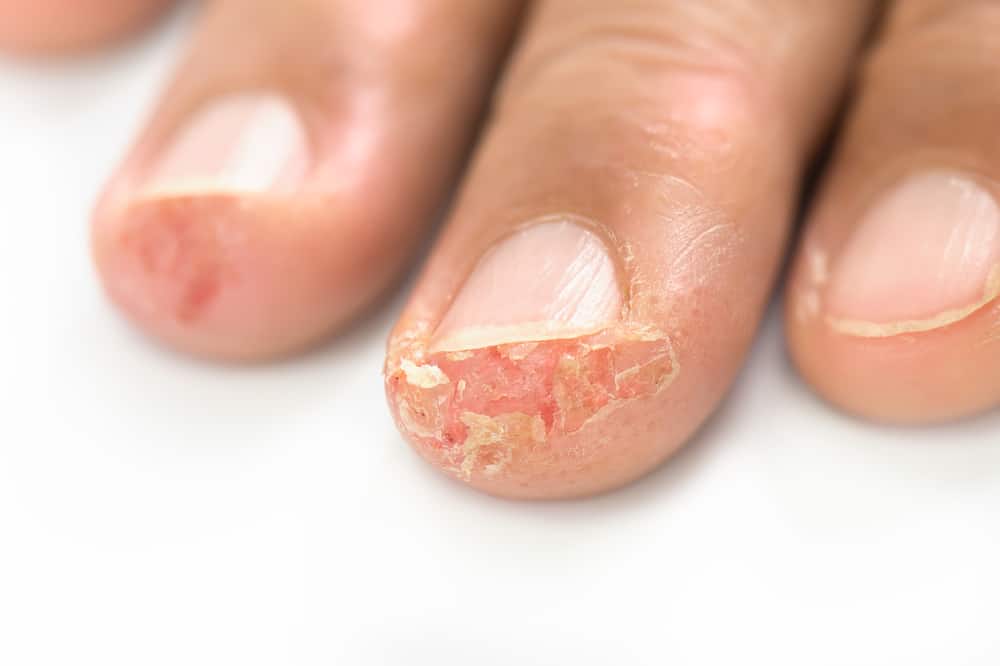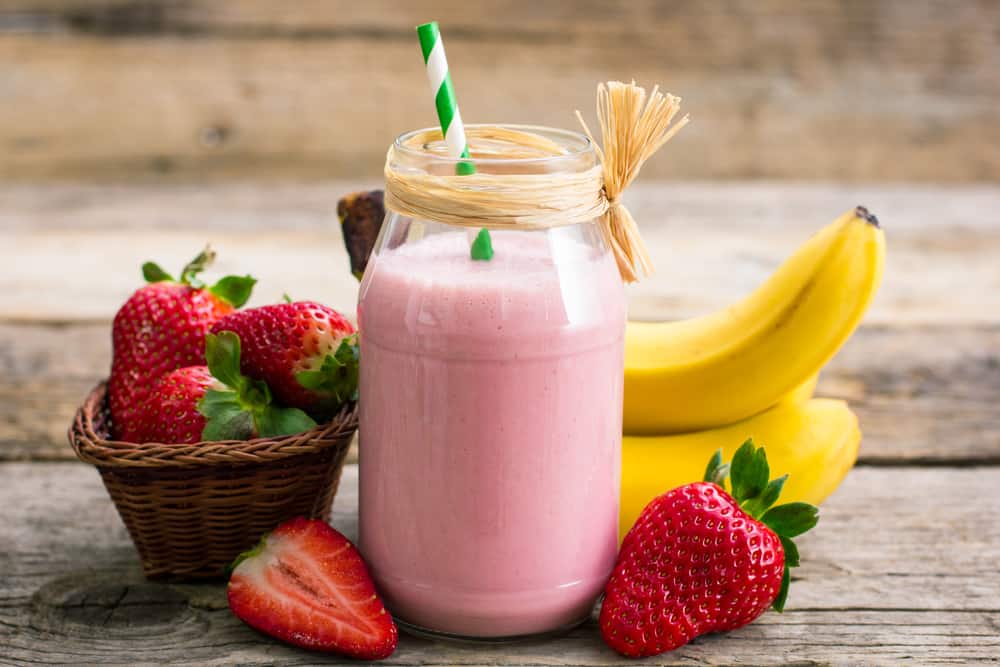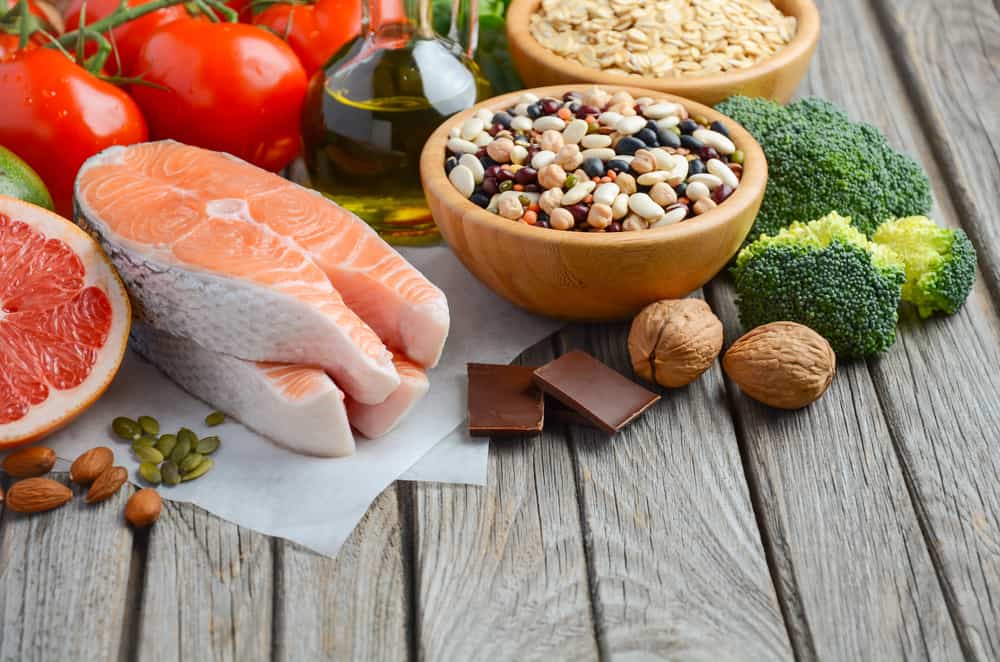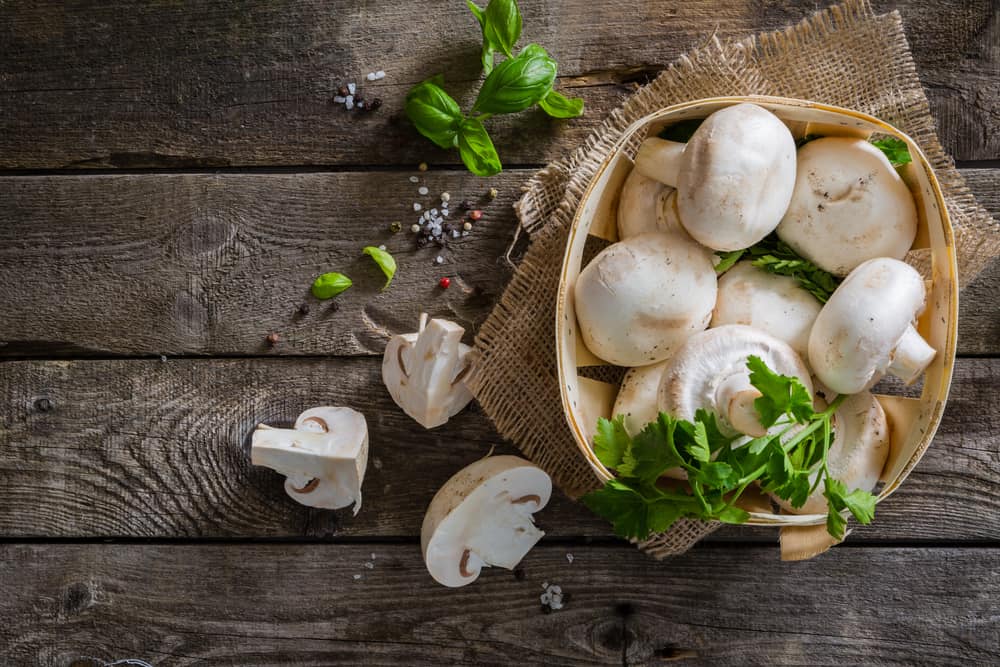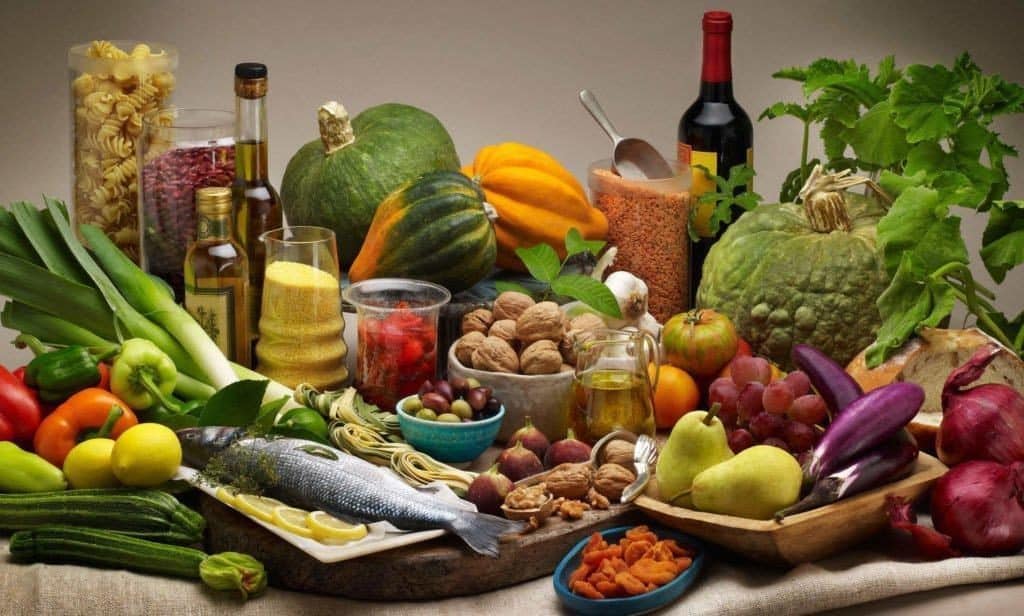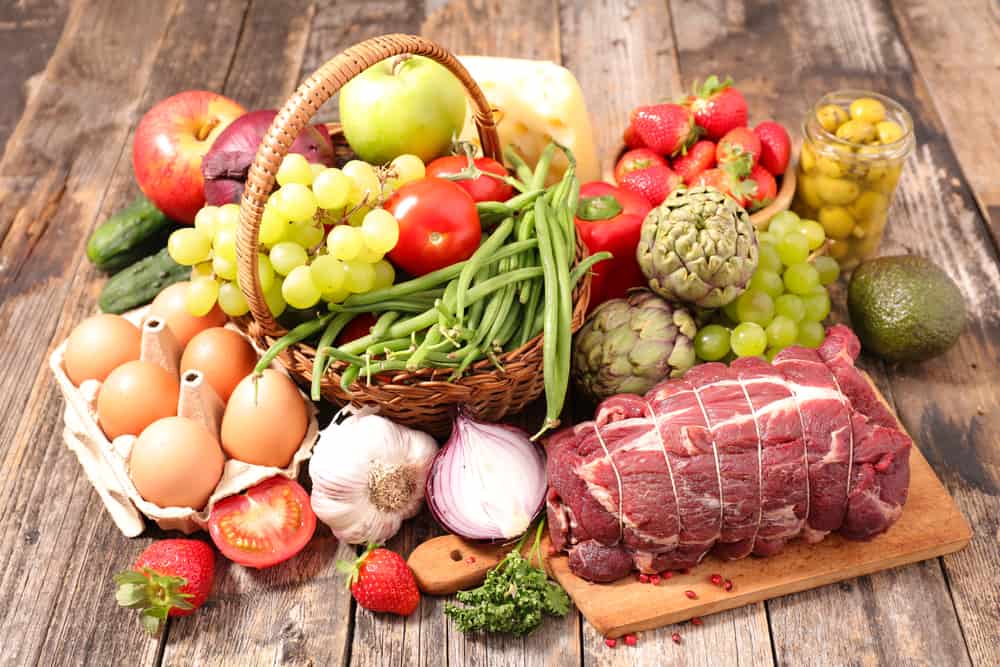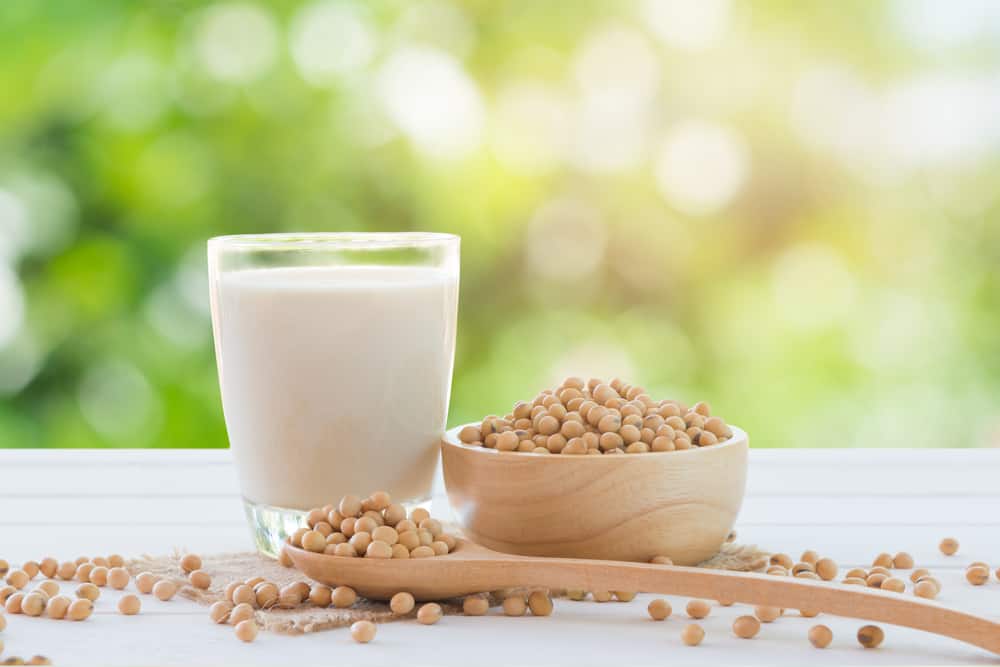Contents:
- Medical Video: The Care of Chronic Kidney Disease at Lurie Children's
- Why do I have to go on a special diet?
- How do I know if I eat the right food to maintain my health?
- What if I have high cholesterol?
- What if I have diabetes?
- Is there anything else I need to know?
Medical Video: The Care of Chronic Kidney Disease at Lurie Children's
Now because you start doing hemodialysis, there may be many changes in your daily life. Your doctor may have said that you might need to make some changes in your diet. Nutritionists at your dialysis center will assist in planning a diet for your particular needs.
Why do I have to go on a special diet?
Because the kidneys cannot get rid of enough waste products and fluids from your blood and your body now has special needs, you need to limit fluids and change certain food intake in your diet. How well you feel will depend on:
- eat the right type of food and in the appropriate amount of your diet
- have hemodialysis treatment as instructed by your doctor
- take medication according to your doctor's advice.
Your diet is very important for your care. It is important for you to have the right amount of protein, calories, fluids, vitamins and minerals every day. Your nutritionist will help you plan your food list to ensure you get the right balance.
How do I know if I eat the right food to maintain my health?
Because you are on dialysis, you have some very special needs. Eating well helps you stay healthy. Poor diet can increase the risk of disease. Your nutritionist will talk to you about how well you eat.
Some questions that might be asked:
- Are you aware of changes in the type or amount of food you eat each day?
- Do you have problems eating normal or recommended diet foods?
- Do you lose weight without making any effort?
- Are you aware of a change in your strength or ability to take care of yourself?
A nutritionist or nurse may check your fat and muscle stored on your face, hands, arms, shoulders and legs. Your doctor will see changes in your blood protein levels, and especially those called albumin. Changes in this protein can indicate that you lose body protein. Some special blood tests performed every month are called Kt / V or urea reduction ratio (URR). This test helps the doctor decide whether you get enough dialysis. Getting the right amount of dialysis is important to help you feel better.
Changes in stored fat and muscle or blood tests can be a sign that you are not getting enough dialysis. Along with Kt / V, this test provides information about protein intake or equivalent to your protein nitrogen appearance (PNA). Using PNA, albumin and any changes in appetite, your nutritionist will determine whether you eat properly and adequately. The right amount of dialysis is needed to ensure you can enjoy your food while maintaining your health.
What if I have high cholesterol?
Changing your diet can help reduce cholesterol levels in the blood. Your nutritionist will talk to you about the types of fats and animal foods you eat. Also, your doctor may decide if you need special medication to reduce cholesterol in your blood.
What if I have diabetes?
In some cases, you may only need to make some changes in your diet according to your needs as a kidney patient. For example, some of the free foods you have consumed may need to be restricted to your kidney's diet. Your nutritionist will help prepare a meal plan specifically for you.
Is there anything else I need to know?
The following are important tips that can help your diet:
- Fresh or plain frozen vegetables do not contain additional salt. Discard all liquids during cooking before serving.
- Canned fruits usually contain a little potassium compared to fresh fruits. Discard all liquids before serving.
- Non-milk creams are usually low in phosphorus and can be used as a substitute for milk.
- A list on food packages will provide information about some ingredients that may not be allowed in your diet. Read this list.
To help you avoid salt, use lots of herbs and spices to make your diet more enjoyable. Check with your nutritionist for this list.



